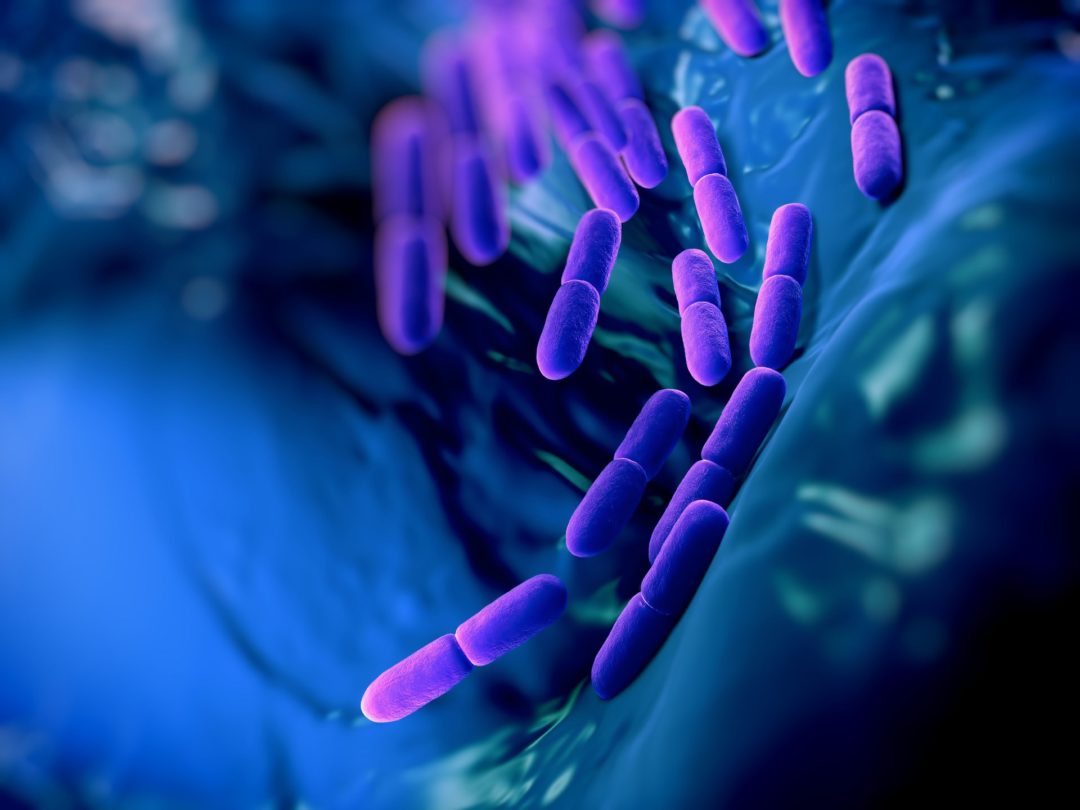Shanghai, China--A study conducted to analyze the role of probiotics and gut health in high-fat diets in mice found that probiotics can slow diet-induced weight gain.
The study, titled "Probiotics improve gut microbiota dysbiosis in obese mice fed a high-fat or high-sucrose diet" by Cheng Kong et al., was published in Nutrition. Mice were fed either a high-fat diet (HFD), a high-sucrose diet (HCD), or a normal diet for a 13 week period, and were given probiotics for the last 4 weeks. Through high-throughput 16S ribosomal RNA sequencing, the mice’s fecal and cecal samples were collected and analyzed.
The results showed that the mice given the HFD had a significantly higher weight increase compared to those given the HCD diet. However, according to the study, the probiotics slowed weight gain in both diet groups. The probiotics also restored bacteria that was affected by both diets and increased the microbiota that is negatively associated with obesity. The HCD group was also more affected by the probiotics compared to the HFD group.
Overall, the study found that probiotics can slow weight gain in HCD diets. The study states that, “Probiotics treatment can mitigate diet-induced obesity partly through modulating intestinal microbiota, especially in HCD-induced obesity.”










